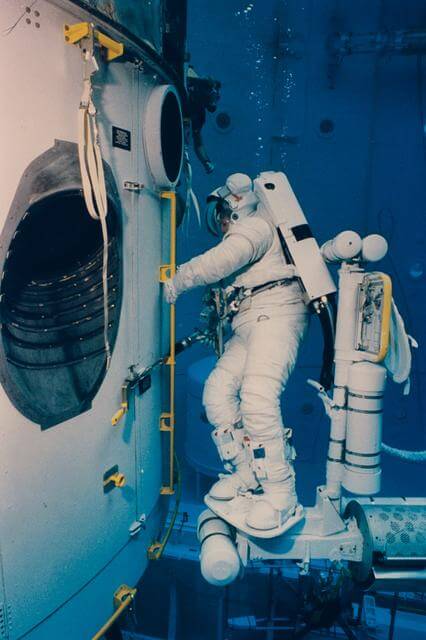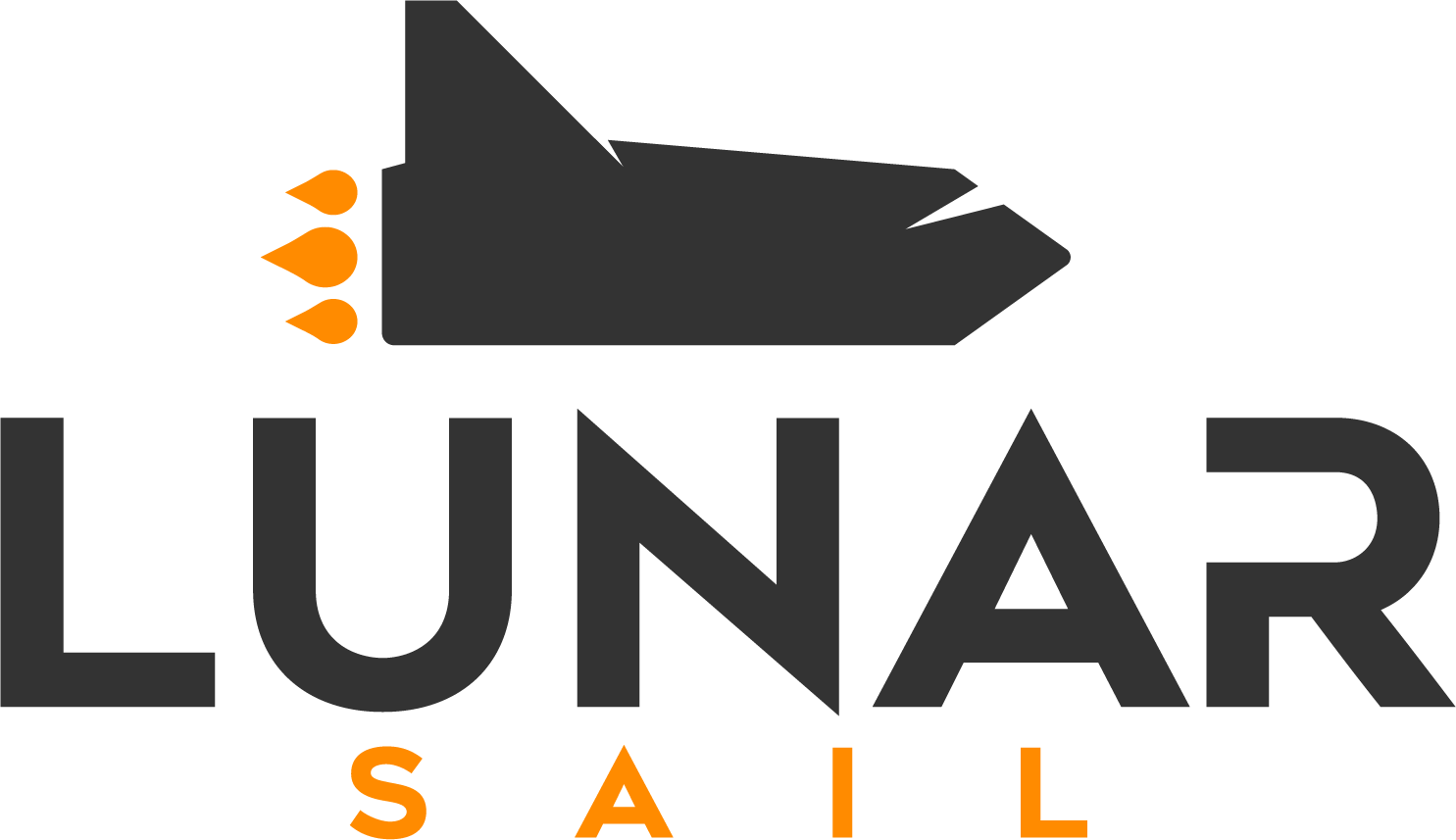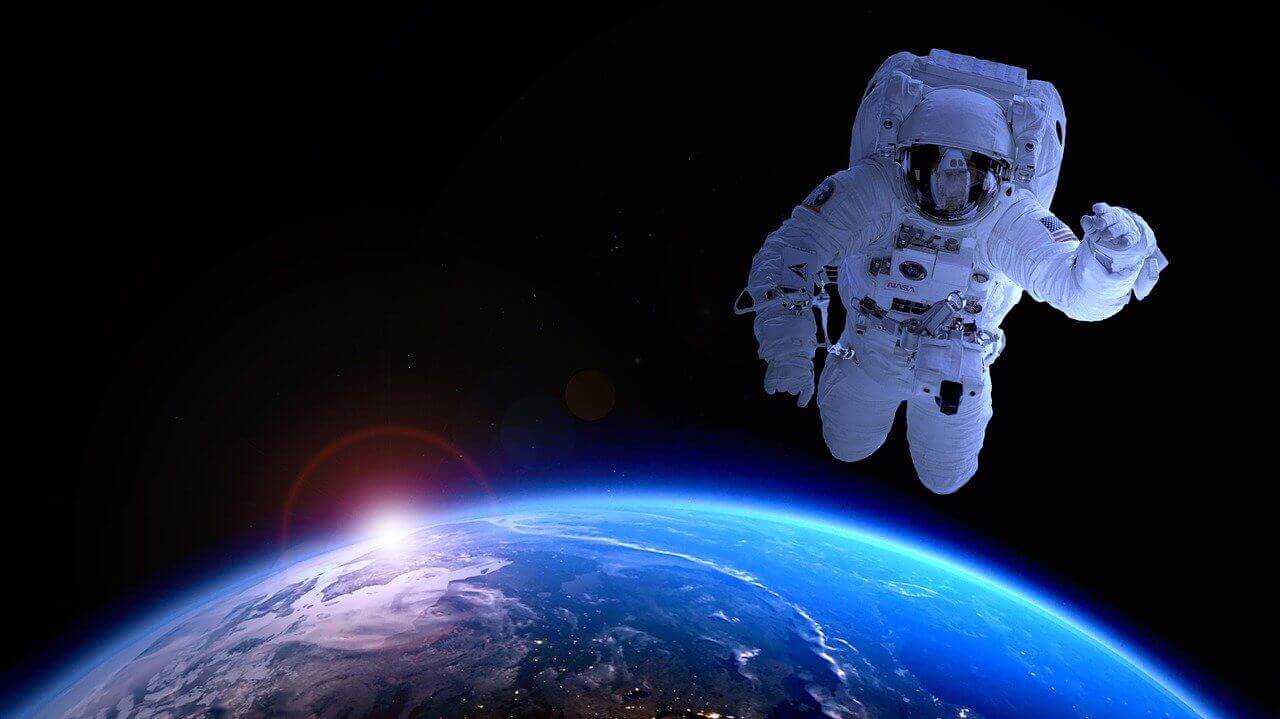The space race is the name given to that specific phase of the Cold War when the Soviet Union and the United States of America engaged in a battle within the domains of space science, technology, and innovation. In a bipolar world where two hegemons, the USSR and the USA, launched massive space programs, setting the foundations of their respective space administration agencies, Roscosmos and NASA, respectively.
Initially, the space programs were meant to show the world who is more advanced in expertise and invention. These programs were meant to dominate the other power in the dimension of space. Though the militarization of space had already begun with the advent of Intercontinental Ballistic Missiles, or ICBMs, these space programs were solely meant to depict soft power capabilities.
Each of these space agencies had its own set of guidelines, skills, technologies, and criteria; therefore, whenever we talk about space travelers, we are careful in using the correct term. A space traveler can either be an Astronaut or a Cosmonaut – but what’s the difference? A lot of the time, we cannot just describe the people on these missions as ‘astronauts’ because the Russian crew members are termed cosmonauts.
Origin of ‘Astronaut’ and ‘Cosmonaut’
This might seem strange because they both have the same job. We never call Russian doctors, Spanish chemists, or Chinese biologists by separate names; they are just doctors, chemists, and biologists. So why are space travelers any different? This has a lot to do with the history of the words ‘astronaut’ and ‘cosmonaut, the early days of the space program, and, of course, politics.
The words ‘astronaut’ and ‘cosmonaut’ both have their roots embedded in Ancient Greek and, essentially, mean the same thing. The prefix ‘Astro’ comes from the Ancient Greek word Astron, which means ‘stars’, hence, words like ‘astronomy’ and ‘astrophysics.’
The prefix ‘cosmo’, on the other hand, comes from the word cosmos, meaning ‘universe.’ The suffix ‘naut’ comes from the word nautis, which means sailor. Therefore, we can say that an astronaut is a star sailor while a cosmonaut is a universe sailor.
History
Back in 1959, NASA was trying to decide on a name for the people they’d be sending into outer space and both of these words were on their shortlist. ‘Astronaut’ was first used as a scientific term in a 1929 issue of the Journal of the British Astronomical Association, in an article that discussed some of the challenges that a hypothetical space traveler might face.
Lots of people liked ‘astronaut’, including Robert Gilruth, who led the Project Mercury, the first manned space program in the US, and would go on to run NASA’s Manned Spacecraft Center. However, others were in favor of using ‘cosmonaut’ instead, including Hugh Dryden, NASA’s deputy administrator at the time. He argued that we were really exploring the cosmos in general, not specifically the stars. In the end, they decided to go with the term ‘astronaut.’
Around the same time, the Soviets were thinking about the names for their space explorers, and they settled on ‘kus-muh-nuf’ or ‘cosmonaut.’ During the space race, this helped as an easy way to distinguish between Americans and Soviets/Russians who were trained to go to space. So, even though the NASA-Declared English word for space travelers was astronaut, the news outlets used the word ‘cosmonaut’ whenever they were talking about the Soviet space program.
Eventually, over time, several other countries jumped into the space race and now there are lots of countries and independent space programs that are working on sending people into space. Major space agencies like the ESA, JAXA, and CSA just call their space explorers ‘astronauts.’ However, the tradition of calling Russia-affiliated space travelers ‘cosmonauts’ never really went away.
Political Significance
The Space Race of the 1980s spawned this division and differentiation. At the exact moment, the United States and the Soviet Union were devoting substantial budgets to the race to the Moon. A weapon of political retaliation, it would be. Who was the most powerful, and who had the most cutting-edge technology to back it up?
Thus, the space programs of these countries worked according to entirely different principles. They honed their unique set of abilities, techniques, capabilities, and know-how on their own time. As a result, new words and expressions have emerged to describe these concepts. Both the United States and Russia sought to distinguish their space folk.
These are the honorary names they want to give to their explorers. They wanted to be ready to do this in case they were the first ones to reach the Moon, which seemed likely. In addition, the media was eager to get involved.
Is There Another Term For a Space Traveler Besides Astronaut and Cosmonaut?
Yes, as China emerged as a significant economic and military power in Asia, it started its own space program. The Chinese space explorers are known as ‘Taikonauts’. ‘Taiko’ in Chinese means space and the literal meaning of the word ‘taikonaut’ is space sailor.
The Criteria for Becoming an Astronaut or a Cosmonaut
To clearly distinguish between the two, we need to analyze each and every aspect. The criteria set for becoming an astronaut or a cosmonaut are different in some regards while being similar in several other areas. Let us take a detailed look at these.
Requirements For a Cosmonaut
Cosmonaut, generally associated with Russian Roscosomos has the following selection requirements:
- Russian nationality is required.
- Must be proficient in Russian and English.
- The maximum age must be 35 years.
- To sit, one needs to have a height between 1,50 and 1,90 meters and a width between 0.8 and 0.9 meters.
- The ideal weight range is 50-95 kg.
- An excellent level of health is essential, with no significant chronic illnesses.
- Must have at least five years of relevant work experience (such as engineering, scientific or flight specialties).
Preference is generally given to:
- Have a background in the aerospace or rocket industries
- A steady demeanor, cognitive creativity, good recollection, self-study capability, and social skills are just some of the advantages that come with having these talents in your arsenal.
Requirements For an Astronaut
Criteria for an Astronaut, taken directly from NASA, suggest that the candidate:
- Should be an American national (for NASA and hold the nationality of respective countries for ESA, CSA, and JAXA).
- To qualify for a master’s degree in a STEM discipline, you must have graduated from an authorized university with a master’s degree.
- Two years of relevant work training following graduation, or at least 1,000 hours of flight time as the pilot-in-command on a jet aircraft, are both required.
- Toto becomes an astronaut, you must be capable of passing the NASA physical.
- Two years (36 semester hours or 54 quarter hours) of study in a doctorate program in a relevant area of sciences, technology, engineering, or mathematics may also satisfy the master’s degree prerequisite.
- A doctor of medicine or doctor of osteopathy degree has been earned.
- A federally recognized test pilot school program’s fulfillment (or current enrolment that will be completed by June 2021).
- The management, collaboration, and interpersonal abilities required for astronauts are also essential qualities to look for.
Training Capabilities
Space exploration might seem adventurous; however, this adventure is accompanied by life-threatening atmospheric conditions and challenges. In order to curb these struggles, astronauts and cosmonauts are subjected to intense training on the ground before sending them off on space missions.

Cosmonauts Training
To prepare for manned spaceflight, the chosen Russian cosmonauts will report to Moscow’s Gagarin Cosmonaut Training Center (GCTC), in which they will undergo a rigorous and lengthy coaching regimen that includes flights in Mig-29s, zero-G flights, donning Sokol, and Orlan protective suits, simulating a spacewalk in the hydro lab, and far more.
Astronauts Training
At Johnson Space Center, American astronauts put in hundreds of hours of intense training. They become well-versed in all aspects of space travel, including the International Space Station, as well as the many tools and hardware required, as well as the basics of medicine and a foreign language (usually Russian) course. Astronauts must master a wide range of skills and knowledge before ever attempting to go into space. These include not just scientific knowledge but also life skills such as teamwork, presentation skills, and survivalist abilities.
In Conclusion
In the end, we can say that cosmonauts and astronauts have a lot in common, yet they’re also incredibly unique. Historical background, political strife, and competitiveness have shaped these terminologies. In addition, these words represent a set of procedures and practices for space exploration, while in the end, be it astronauts, cosmonauts, or taikonauts, all have similar jobs in space expeditions.
Astronauts and Cosmonauts, whether they be American or Russian, have been instrumental in advancing humanity’s exploration of space. In many ways, the tests they’ve carried out have helped us better understand our position in the cosmos and our destiny in the solar system.

